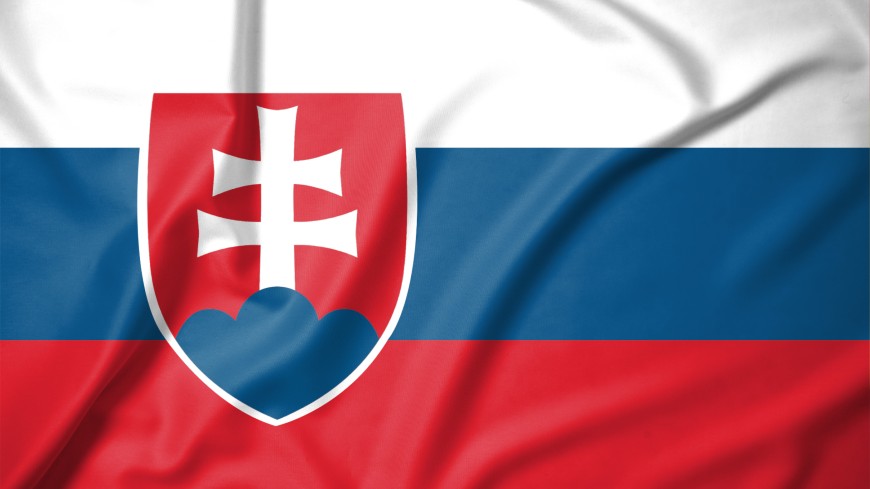In a report published today, the Council of Europe’s anti-money laundering body MONEYVAL urges the authorities of the Slovak Republic to systematically pursue illicit funds generated by all proceeds generating crimes through effective seizure and confiscation, and to systemically tackle money laundering and terrorist financing occurring around such crimes.
The report makes a comprehensive assessment of Slovakia’s anti money laundering and countering the financing of terrorism system and its level of compliance with the Recommendations of the Financial Action Task Force (FATF).
MONEYVAL points out that the Slovak authorities have a moderate understanding of national money laundering and terrorism financing risks. While some of the prosecutors have a grasp of money laundering threats which include organised crime, corruption and cybercrime, the rest of law enforcement agencies, supervisors and the private sector are grounding their knowledge on the findings of a National Risk Assessment, which is not entirely accurate.
The report concludes that the Slovak Republic obtains poor results in using financial intelligence and other relevant information to collect evidence and trace criminal assets. Since the last evaluation, the number of money laundering convictions increased, but an important part is related to simple property offences such as car thefts. The outcome of investigations and prosecutions of money laundering in other major proceeds generating crimes does not fully reflect the country’s risks.
The absence of a central bank account register and the lack of beneficial owner information are reported as the greatest challenges in conducting financial analysis.
The financial intelligence unit (FIU) officers are knowledgeable and appear to have the ability of producing complex analysis, but there was a general lack of coherent management to gear their activities. MONEYVAL flags important shortcomings in the FIU’s mechanism to disseminate its work to competent bodies, since most of its analysis is only reported to fiscal authorities instead of law enforcement.
Overall, the FIU receives a reasonable number of unusual transactions reports from the private sector and recently started to improve the feedback given to the reporting entities.
MONEYVAL’s report finds that preventive measures are seriously affected by several issues including the lack of proceeds-oriented operative analysis, logistical and procedural constraints, the limitations to seize assets from third parties, and the high burden of proof required for certain provisional measures. The confiscation is rarely if at all imposed in criminal cases and only a fragment of the secured assets is finally recovered.
There have been no convictions for terrorist financing in the period assessed. Three relatively complex investigations are currently being conducted, demonstrating both the applicability of the legal anti-terrorist financing framework and the ability of the Slovak authorities to detect potential cases and to effectively cooperate with their foreign counterparts.
Slovak banks demonstrated a good understanding of the money laundering and terrorist financing risks, but some non-bank financial institutions and designated non-financial businesses and professions were unable to clearly articulate how money laundering might occur within their institution or sector. The private sector generally showed understanding of the procedures for reporting suspicious transactions to the FIU.
The report regrets that the scope and the depth of inspections carried-out by the FIU and the National Bank of Slovakia (NBS) are not fully risk-based and that the resources available for AML/CFT supervision are overall insufficient. On the other hand, the report considers adequate that the NBS conducts fitness and properness checks to prevent criminals and their associates from owning or controlling non-bank financial institutions.
Slovakia created the “Register of legal entities, entrepreneurs and public authorities” in 2018. At the time of MONEVYAL’s visit in 2019, the process to fill in the register had just started. While the filling in of the register progressively continues, there are no mechanisms in place to verify the information on the ultimate beneficial owners at the time of registration. Some control mechanisms are done ex post by state authorities, such as law enforcement agencies, tax authorities, as well as by media and non-profit organisations.
Based on the results of its evaluation, MONEYVAL decided to apply its enhanced follow-up procedure and invited Slovakia to report back in September 2022.
* * * *
The Committee of Experts on the Evaluation of Anti-Money Laundering Measures and the Financing of Terrorism - MONEYVAL is a permanent monitoring body of the Council of Europe entrusted with the task of assessing compliance with the principal international standards to counter money laundering and the financing of terrorism and the effectiveness of their implementation, as well as with the task of making recommendations to national authorities in respect of necessary improvements to their systems.




